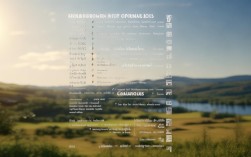英语学习中,掌握基础词汇是提升语言能力的关键,对于初中生来说,积累常用单词不仅能帮助应对考试,还能为日常交流打下基础,我们重点整理初中阶段常见的以字母“Y”开头的单词,并附上详细解析和例句,帮助大家更好地理解和记忆。
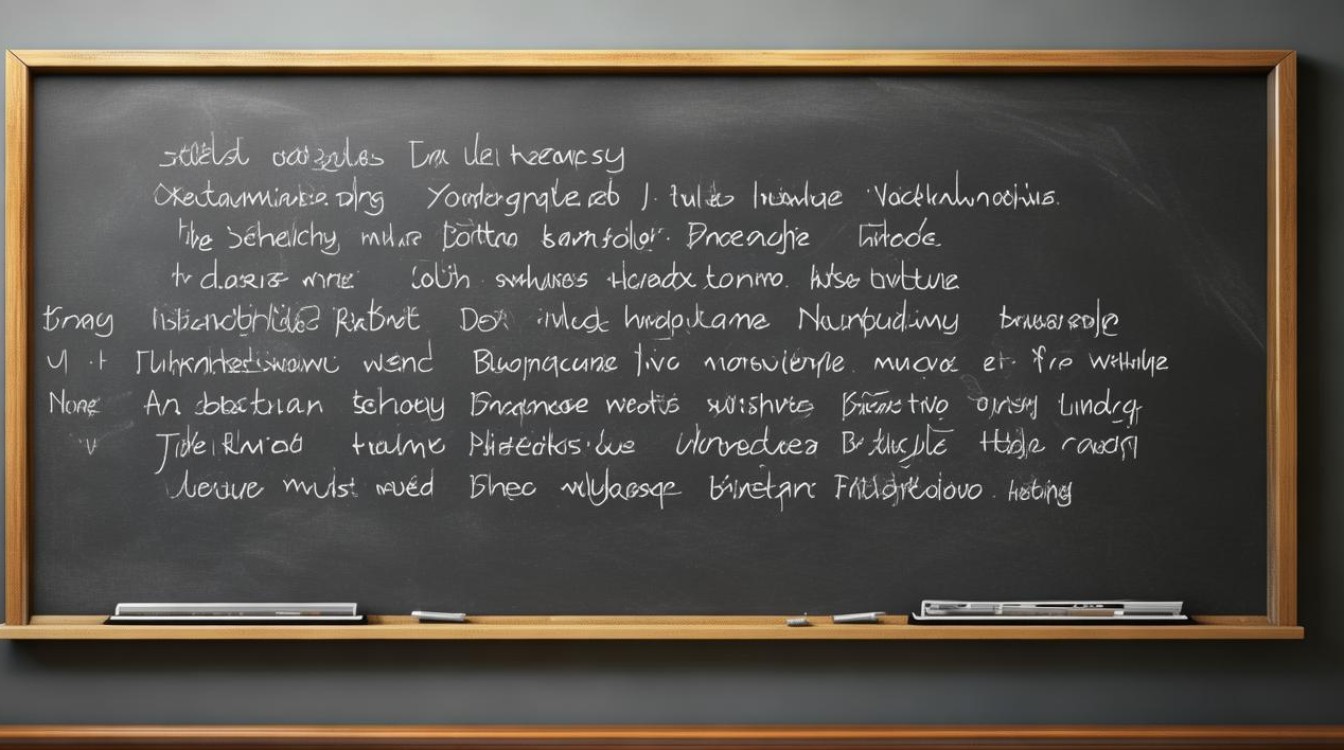
Year (n.) 年;年度
“Year”是最基础的单词之一,表示时间单位“年”。
例句:
- I have been learning English for three years. (我学习英语已经三年了。)
- The school year starts in September. (学年从九月开始。)
Yellow (adj./n.) 黄色的;黄色
“Yellow”既可以作形容词表示颜色,也可以作名词指代黄色本身。
例句:
- She is wearing a yellow dress today. (她今天穿了一条黄色的裙子。)
- The sunflowers are bright yellow. (向日葵是明亮的黄色。)
Yes (adv.) 是的
“Yes”是最常用的肯定回答,适用于各种场合。
例句:
- Do you like ice cream? — Yes, I do. (你喜欢冰淇淋吗?——是的,我喜欢。)
- Yes, you can borrow my book. (是的,你可以借我的书。)
Yesterday (n./adv.) 昨天
“Yesterday”指代过去的一天,常用于一般过去时。
例句:
- I went to the park yesterday. (我昨天去了公园。)
- She finished her homework yesterday evening. (她昨晚完成了作业。)
Yet (adv.) 还;尚未
“Yet”通常用于否定句或疑问句,表示“到目前为止还未发生”。
例句:
- Have you finished your project yet? (你完成项目了吗?)
- He hasn’t arrived yet. (他还没到。)
You (pron.) 你;你们
“You”是第二人称代词,可以指单数或复数。
例句:
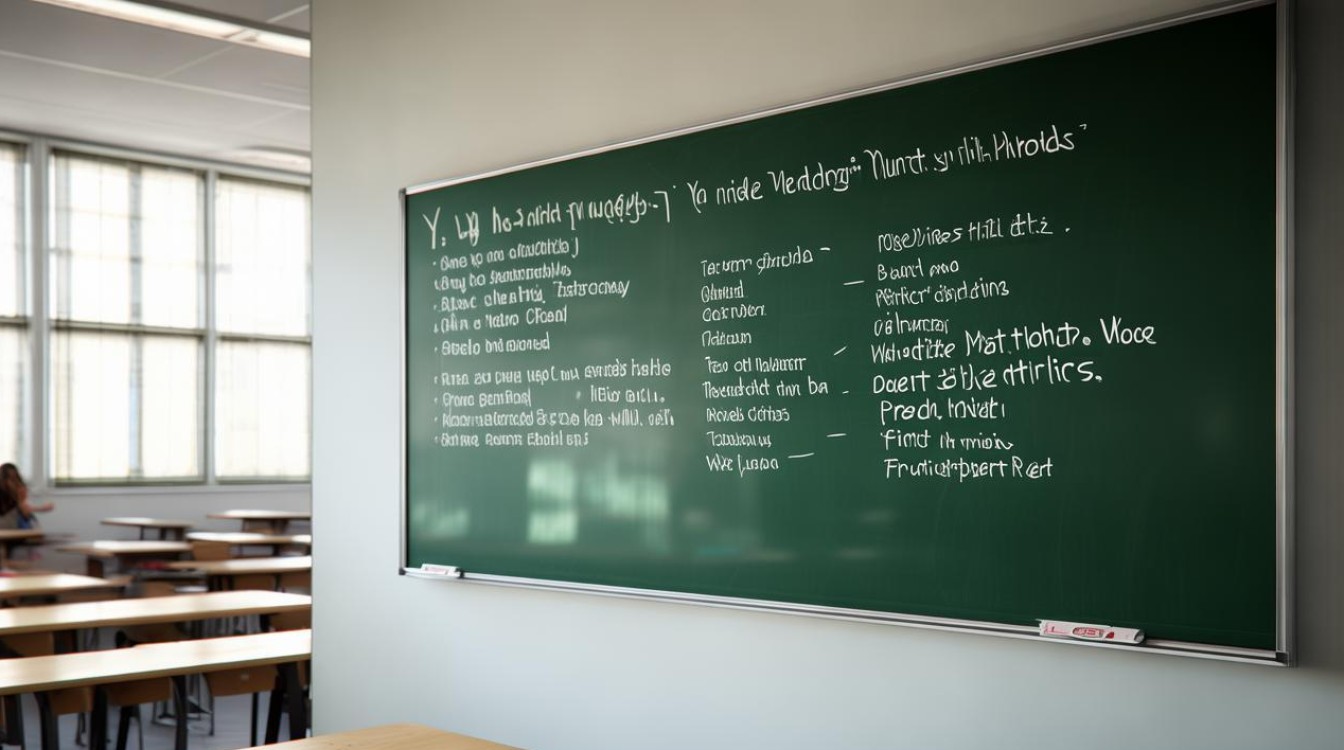
- You are my best friend. (你是我最好的朋友。)
- Can you help me with this question? (你能帮我解答这个问题吗?)
Young (adj.) 年轻的
“Young”描述人或动物的年龄较小。
例句:
- The young boy loves playing football. (这个年轻男孩喜欢踢足球。)
- She looks very young for her age. (她看起来比实际年龄年轻。)
Your (pron.) 你的;你们的
“Your”是“you”的所有格形式,表示所属关系。
例句:
- Is this your book? (这是你的书吗?)
- Your answer is correct. (你的答案是正确的。)
Yours (pron.) 你的(东西);你们的(东西)
“Yours”是名词性物主代词,代替“your + 名词”以避免重复。
例句:
- This pen is yours. (这支笔是你的。)
- The blue bag is mine, and the red one is yours. (蓝色的包是我的,红色的是你的。)
Yourself (pron.) 你自己
“Yourself”是“you”的反身代词,强调动作的执行者是自己。
例句:
- Did you make this cake yourself? (这个蛋糕是你自己做的吗?)
- Take care of yourself. (照顾好自己。)
Yard (n.) 院子;码(长度单位)
“Yard”可以指房屋周围的院子,也可以作为长度单位(1 yard ≈ 0.91米)。
例句:
- The children are playing in the yard. (孩子们在院子里玩耍。)
- The fabric is sold by the yard. (这种布料按码出售。)
Yawn (v./n.) 打哈欠;哈欠
“Yawn”描述因疲倦或无聊而张开嘴深呼吸的动作。
例句:
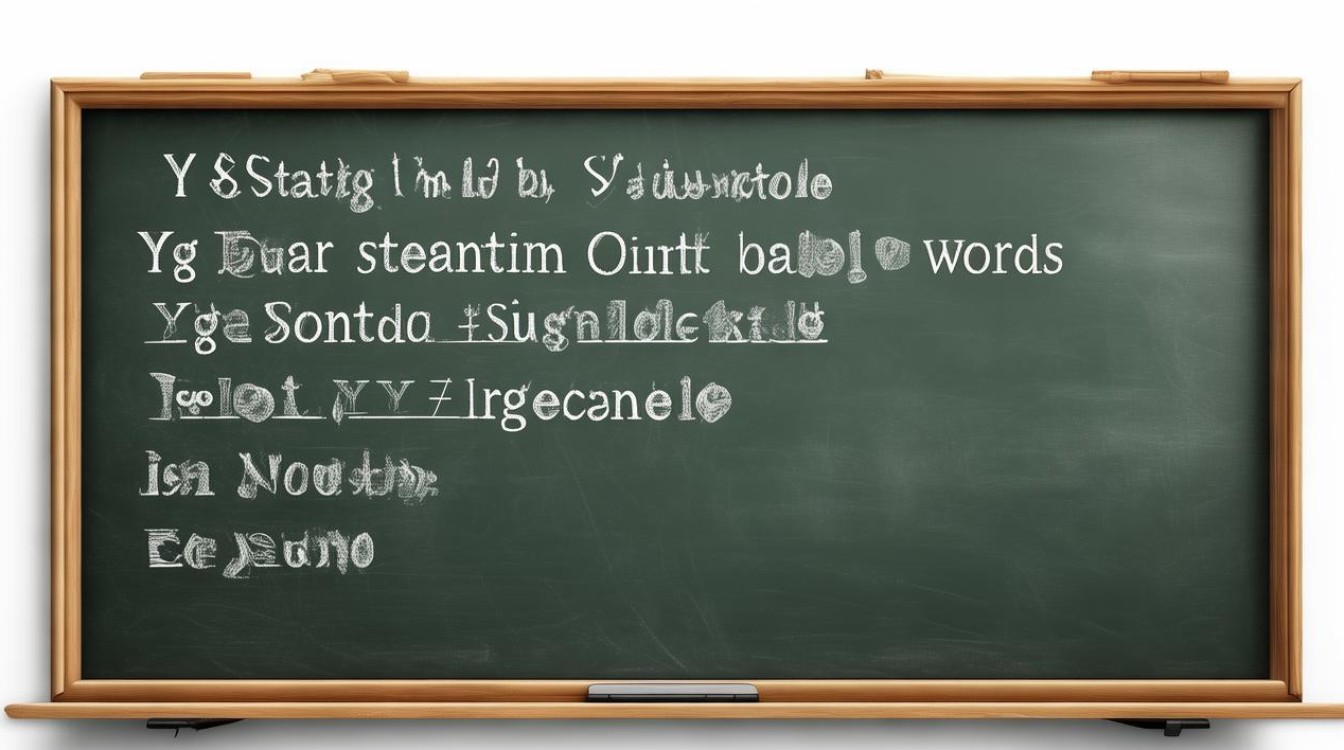
- He yawned during the boring lecture. (他在无聊的讲座上打哈欠。)
- A big yawn means you need more sleep. (打大哈欠说明你需要更多睡眠。)
Yearly (adj./adv.) 每年的;每年一次地
“Yearly”表示每年发生一次或按年度计算。
例句:
- We have a yearly family reunion. (我们每年有一次家庭聚会。)
- The magazine is published yearly. (这本杂志每年出版一次。)
Yell (v./n.) 喊叫;大叫
“Yell”指大声喊叫,通常带有情绪。
例句:
- Don’t yell at me! (别对我大喊大叫!)
- She yelled for help when she saw the fire. (她看到火时大声呼救。)
Yummy (adj.) 美味的;好吃的
“Yummy”是口语化表达,形容食物味道好。
例句:
- This chocolate cake is so yummy! (这个巧克力蛋糕真好吃!)
- Mom’s homemade cookies are always yummy. (妈妈做的饼干总是很美味。)
Youth (n.) 青年;青春
“Youth”指年轻人的时期或年轻人群体。
例句:
- He spent his youth in a small town. (他的青年时期在一个小镇度过。)
- The youth of today are more tech-savvy. (现在的年轻人更懂科技。)
Yacht (n.) 游艇;帆船
“Yacht”指用于娱乐或比赛的小型船只。
例句:
- They sailed their yacht around the island. (他们驾驶游艇绕岛航行。)
- The rich businessman owns a luxury yacht. (这位富商拥有一艘豪华游艇。)
Yield (v./n.) 产生;屈服;产量
“Yield”可以表示生产某物,也可以指让步或产量。
例句:
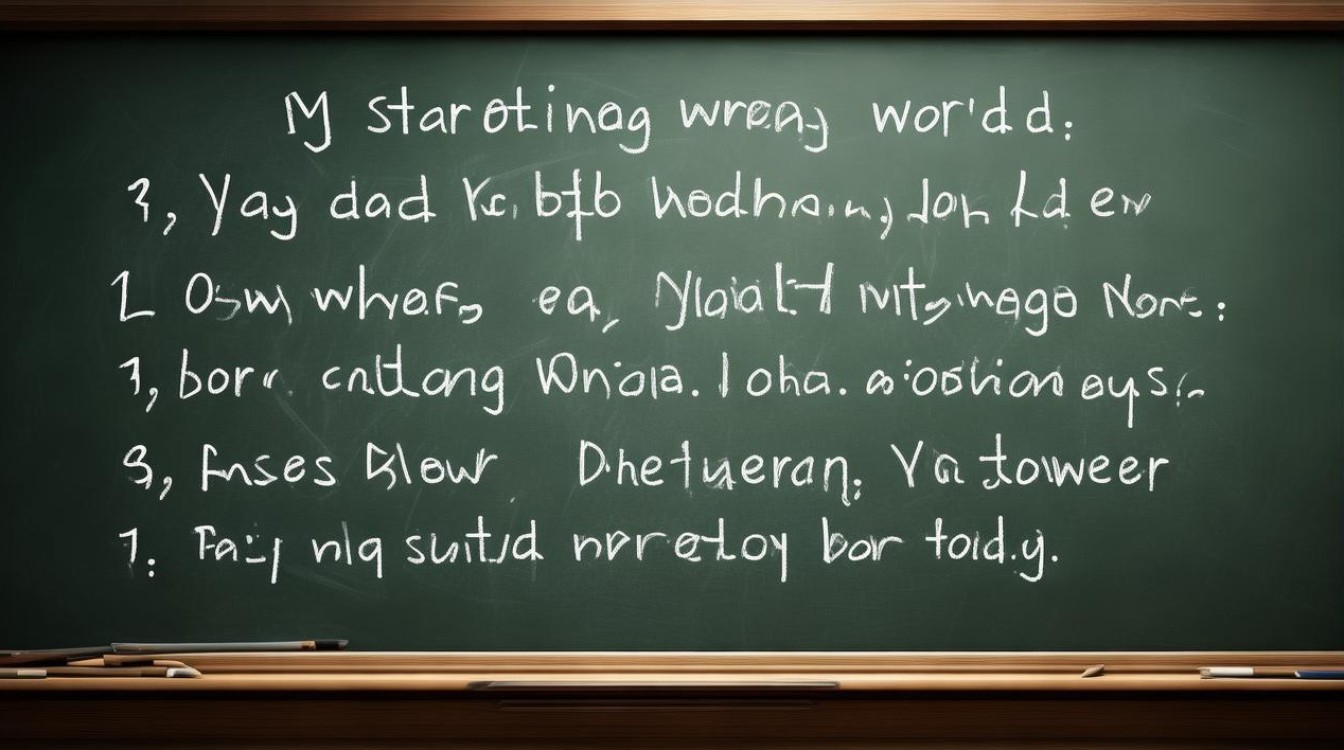
- The farm yields a lot of corn every year. (这个农场每年生产大量玉米。)
- The driver yielded to the pedestrian. (司机让行人先过。)
Yolk (n.) 蛋黄
“Yolk”指鸡蛋的黄色部分。
例句:
- She prefers egg whites over yolks. (她更喜欢蛋白而不是蛋黄。)
- The yolk is rich in nutrients. (蛋黄富含营养。)
Yogurt (n.) 酸奶
“Yogurt”是一种发酵乳制品,常用于健康饮食。
例句:
- I eat yogurt with fruit for breakfast. (我早餐吃酸奶配水果。)
- Greek yogurt is high in protein. (希腊酸奶蛋白质含量高。)
掌握这些以“Y”开头的单词,能帮助初中生更流畅地使用英语,建议通过造句、阅读和听力练习加深记忆,让这些词汇真正融入日常表达。

